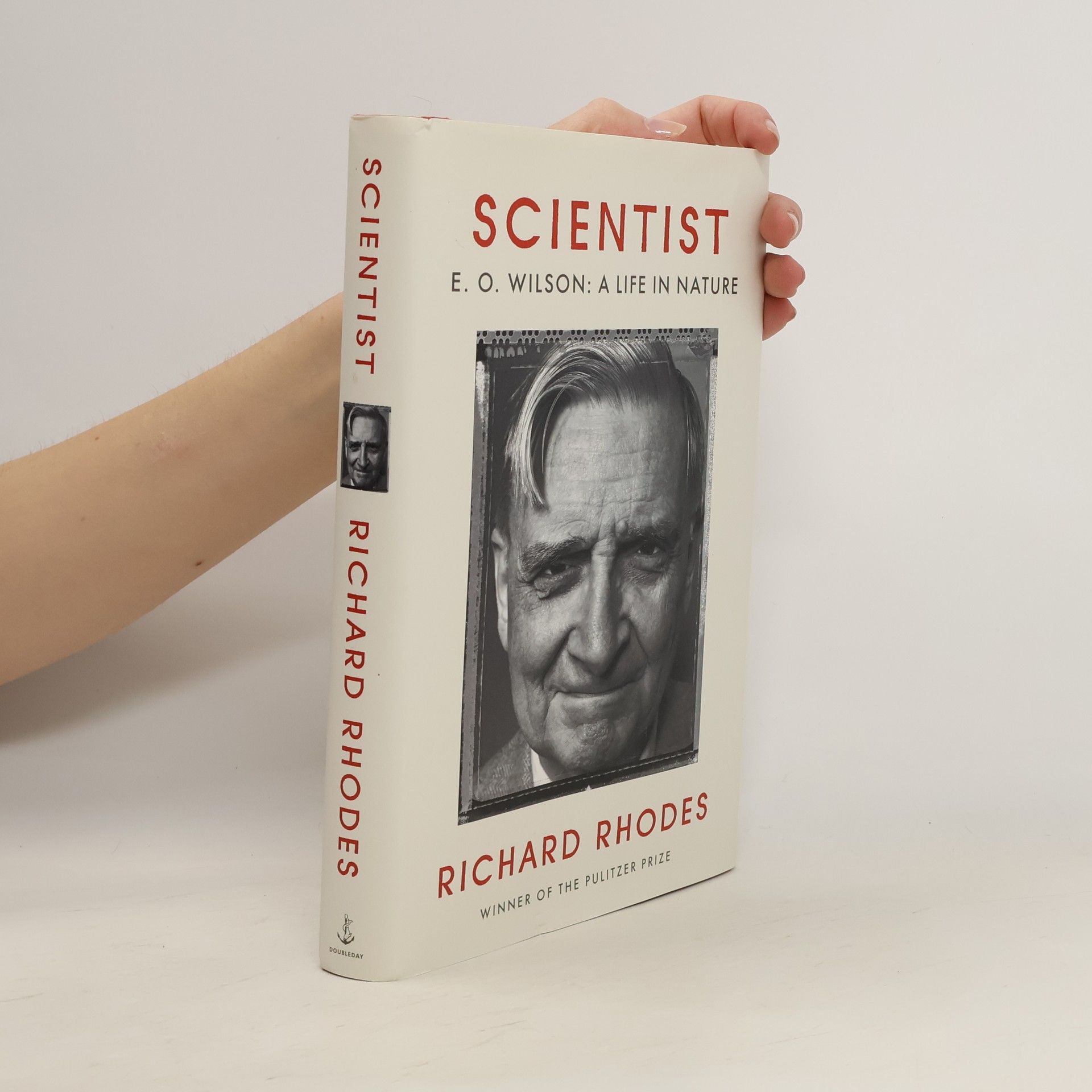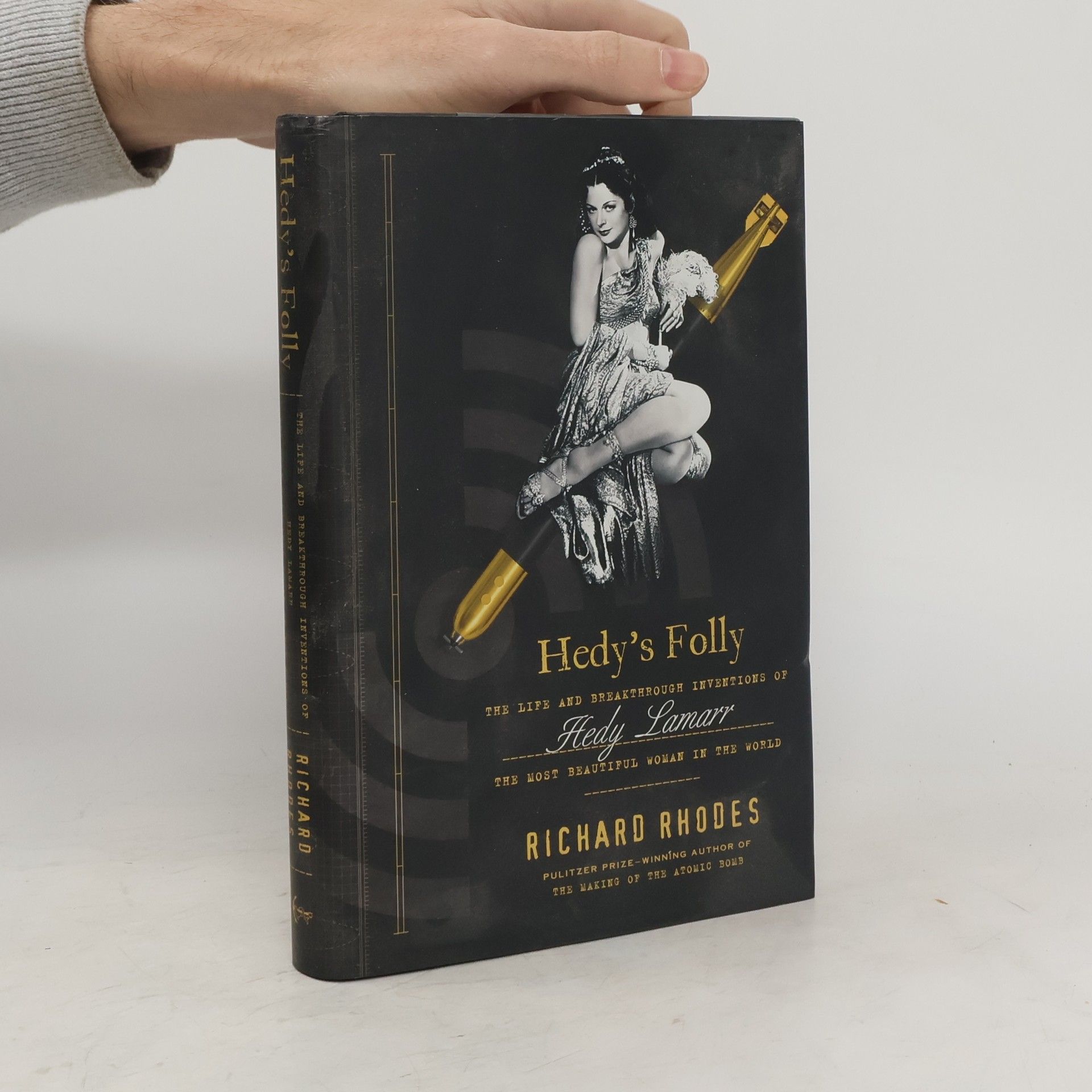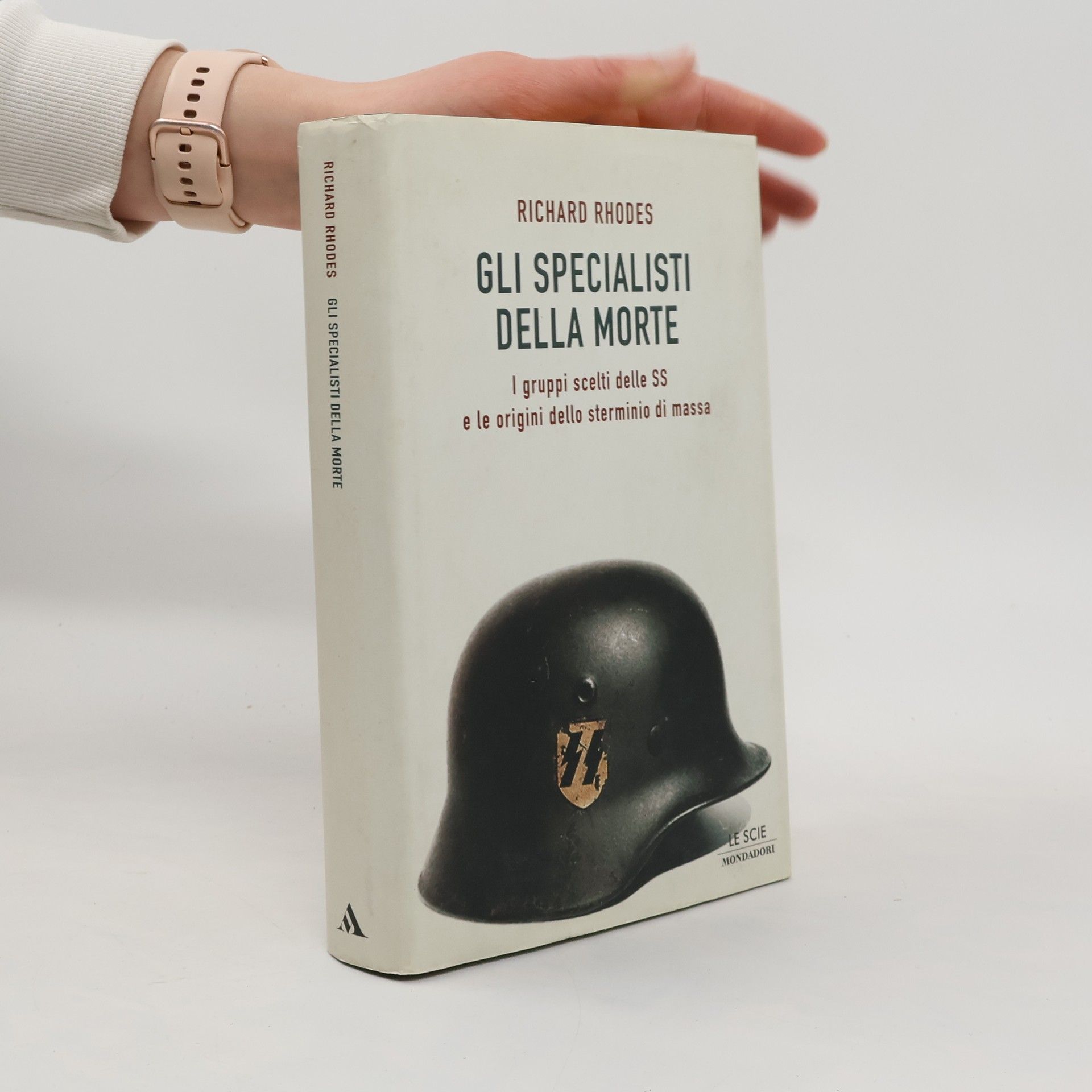Einsatzgruppen, w skład których znaleźli się funkcjonariusze niemieckiej policji i służb bezpieczeństwa, były grupami operacyjnymi działającymi na zapleczu Wehrmachtu podczas wkraczania jego oddziałów do Austrii i Czechosłowacji, a przede wszystkim podczas operacji militarnych przeciw Polsce i ZSRR. W latach 19411943 Einsatzgruppen zgładziły w Europie Wschodniej ponad 1,5 mln ludzi. Książka Richarda Rhodesa przedstawia wstrząsający obraz działalności tych oddziałów oraz mechanizmy działania nazistowskiego terroru. Autor w swych badaniach wykorzystał wiele nieznanych dokumentów oraz zeznania sprawców i ocalałych, jego praca stanowi istotny wkład w zrozumienie Holokaustu i drugiej wojny światowej.
Richard Rhodes Book order (chronological)
Richard Rhodes is an American journalist and historian whose work delves into the profound intersections of science, war, and human history. He terms his non-fiction writings "verity," distinguishing them through meticulous research and a drive to understand the complex dynamics of technological advancement and its consequences. His approach is characterized by a deep commitment to historical accuracy and a compelling narrative style that illuminates pivotal moments. Through his writing, Rhodes seeks to unravel the intricate stories behind humanity's most significant scientific and military endeavors.




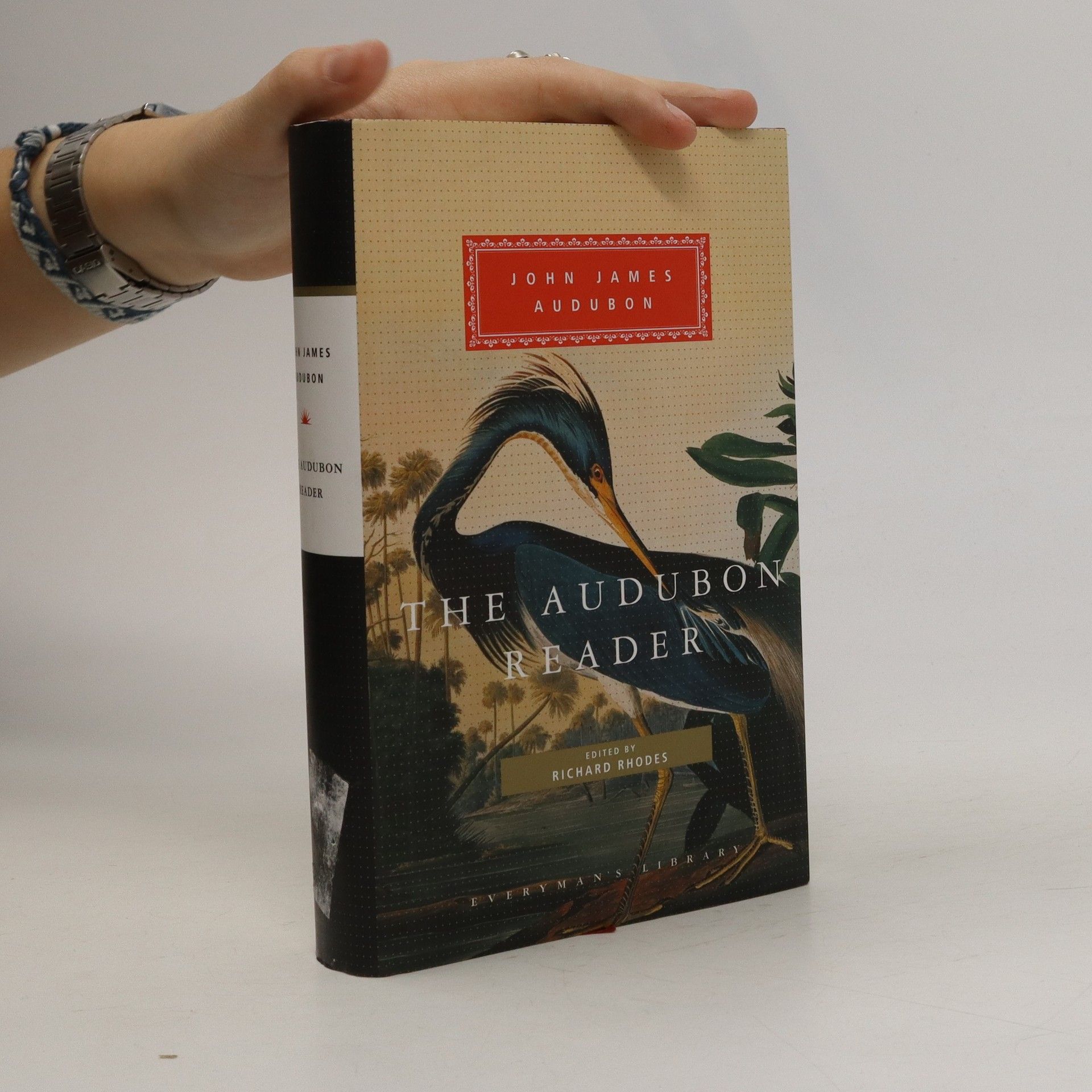

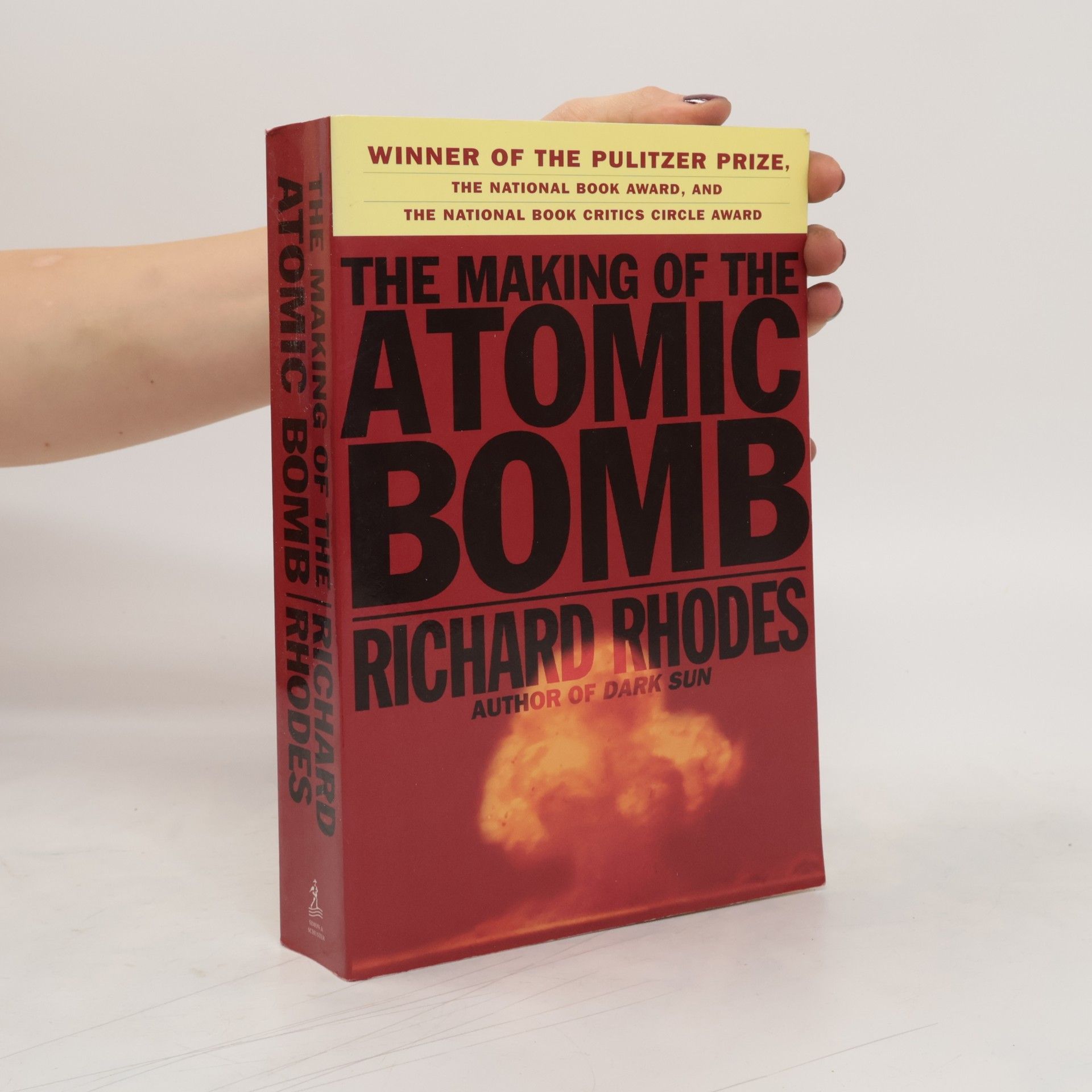
Stworzenie bomby atomowej na zawsze zmieniło bieg historii, przechodząc od teoretycznego problemu w fizyce do broni masowej zagłady. Ta saga o fizyce, polityce i psychologii człowieka jest pełna suspensu. Autor, Rhodes, wprowadza wielkich graczy, takich jak Roosevelt, Einstein oraz pionierzy teorii kwantowej i rozszczepienia termojądrowego, w tym Planck, Szilard, Bohr, Oppenheimer, Fermi, Teller, Meitner, von Neumann i Lawrence. Naukowcy, dotąd znani w wąskich kręgach, stają się centralnymi postaciami w mediach. Książka obejmuje wczesne zapowiedzi energii jądrowej w powieściach H.G. Wellsa, próbę jądrową Trinity, program Manhattan, który doprowadził do zrzucenia bomb na Hiroszimę i Nagasaki, oraz wyścig zbrojeń podczas zimnej wojny. Przełomowa praca szczegółowo opisuje naukę, ludzi i realia społeczno-polityczne, łącząc fascynujące portrety biograficzne z rygorystyczną wiedzą. Książka zdobyła prestiżowe nagrody, w tym Pulitzera i National Book Award. Richard Lee Rhodes, amerykański dziennikarz i historyk, jest dwukrotnym laureatem Nagrody Pulitzera oraz stypendystą wielu fundacji, a także członkiem Centrum na Rzecz Międzynarodowego Bezpieczeństwa i Współpracy przy Uniwersytecie Stanfordzkim.
Scientist
- 288 pages
- 11 hours of reading
A Pulitzer Prize-winning author presents this fully authorized--and timely-biography of the Harvard biologist and naturalist who has become a leading voice on the crucial importance to all life of biodiversity and has worked tirelessly to synthesize the fields of science and the humanities in a fruitful way
The Manhattan Project (Revised)
- 400 pages
- 14 hours of reading
This updated edition of this essential collection of historic writings by the pre-eminent scientists and historians who bore witness to the birth of the modern nuclear age, now includes President Barack Obama's 2016 statement at Hiroshima, all-new writings from Japanese survivors of the atomic bomb, and a new foreword by Cynthia C. Kelly.
Energy
- 480 pages
- 17 hours of reading
"Pulitzer Prize- and National Book Award-winning author Richard Rhodes reveals the fascinating history behind energy transitions over time--wood to coal to oil to electricity and beyond. People have lived and died, businesses have prospered and failed, and nations have risen to world power and declined, all over energy challenges. Ultimately, the history of these challenges tells the story of humanity itself. ... Human beings have confronted the problem of how to draw life from raw material since the beginning of time. Each invention, each discovery, each adaptation brought further challenges, and through such transformations, we arrived at where we are today. In Rhodes's singular style, Energy details how this knowledge of our history can inform our way tomorrow."--Amazon
The Twilight of the Bombs. Recent Challenges, New Dangers, and the Prospects for a World Without Nuclear Weapons
- 480 pages
- 17 hours of reading
The final volume in Richard Rhodes's prizewinning history of nuclear weapons offers the first comprehensive narrative of the challenges faced in the post-Cold War age. The past twenty years have transformed our relationship with nuclear weapons drastically. With extraordinary depth of knowledge and understanding, Richard Rhodes makes clear how the five original nuclear powers--Russia, Great Britain, France, China, and especially the United States--have struggled with new realities. He reveals the real reasons George W. Bush chose to fight a second war in Iraq, assesses the emerging threat of nuclear terrorism, and offers advice on how our complicated relationships with North Korea and South Asia should evolve. Finally, he imagines what a post-nuclear world might look like, as only he can.
Hedy's Folly
- 261 pages
- 10 hours of reading
Describes the lesser-known technological talents of actress Hedy Lamarr and the collaborative work with avant-garde composer George Antheil that eventually led to the development of spread-spectrum radio, cell phones, and GPS systems.
The riveting secret history of the nuclear arms race and the end of the Cold War, by the Pulitzer-winning author of The Making of the Atomic Bomb.
The Audubon Reader
- 680 pages
- 24 hours of reading
John James Audubon was America's dominant wildlife artist. His name remains synonymous with birds and bird conservation the world over. This book presents 'bird biographies', journal accounts of his river journeys and hunting trips with the Osage Indians, and a sampling of brief stories that have long been out of print.
Le Scie: Gli specialisti della morte i gruppi scelti delle SS e le origini dello sterminio di massa
- 335 pages
- 12 hours of reading
Dopo lo scoppio della Seconda guerra mondiale e prima della creazione dei campi di sterminio, il progetto di radicale annullamento del popolo ebraico maturato da Hitler e Himmler venne attuato, secondo la ricostruzione di Rhodes, da gruppi scelti delle SS. Incaricati ufficialmente di prevenire e reprimere la resistenza partigiana in Polonia e nelle Repubbliche sovietiche, comandati spesso dall'élite borghese del popolo tedesco, si dedicarono in realtà allo sterminio delle comunità ebraiche organizzando massacri collettivi. Avvalendosi delle testimonianze degli stessi protagonisti, vittime e carnefici, rintracciate in lettere, rapporti ufficiali e atti del processo di Norimberga, l'autore ripercorre la storia di questo orrore senza fine.
